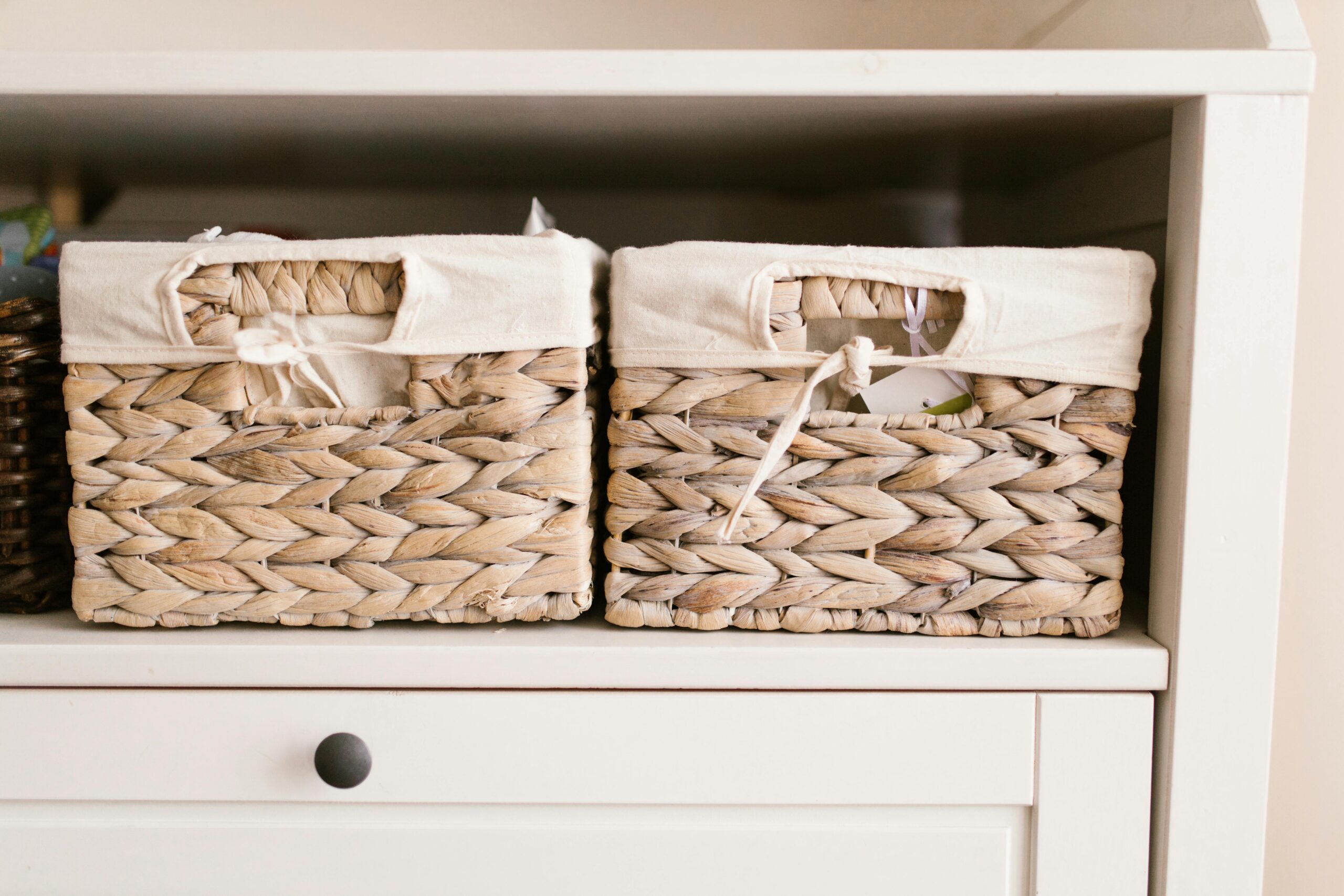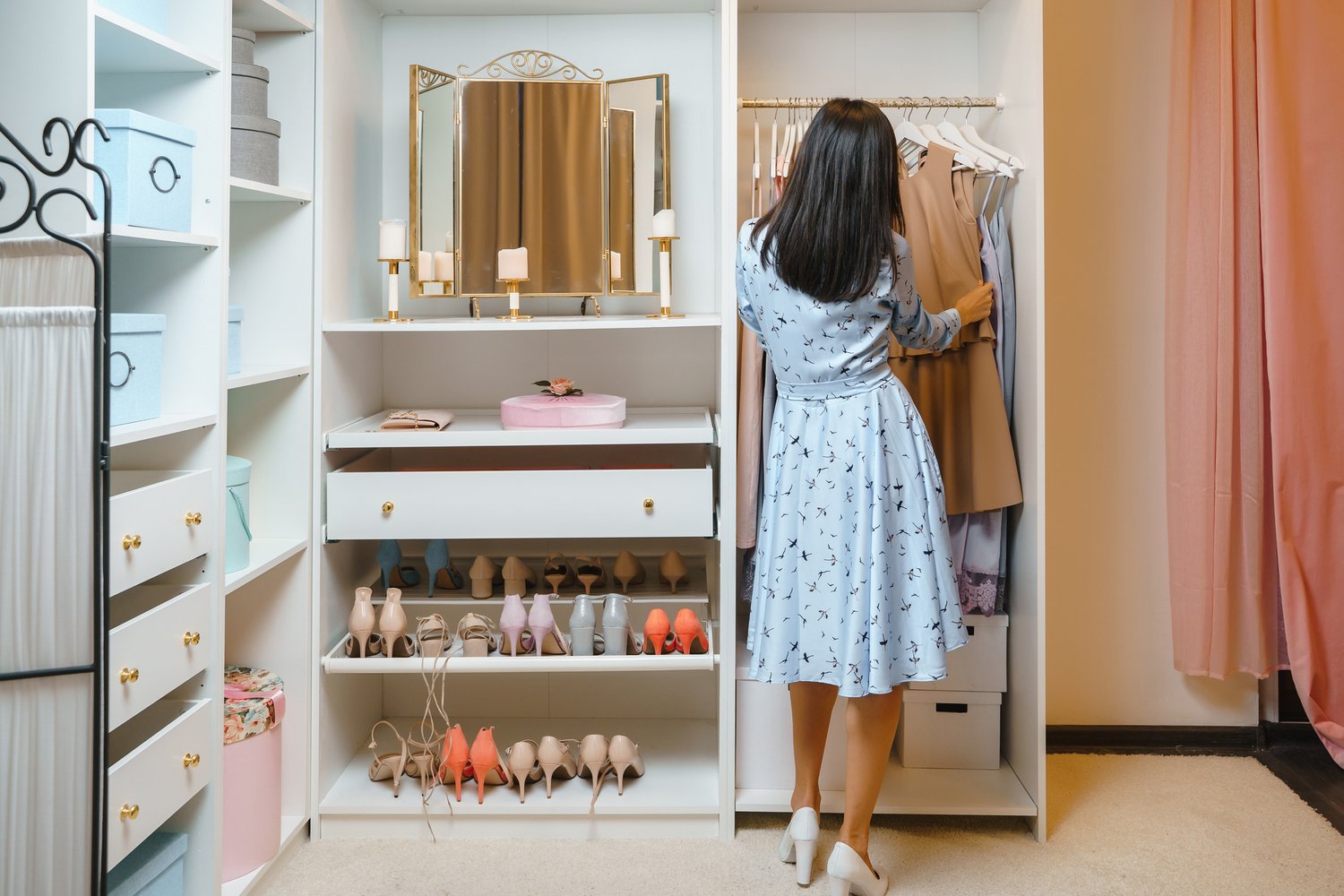In our busy, often chaotic lives, our homes should serve as sanctuaries where we can recharge and find peace. Yet many of us live surrounded by excess belongings that create visual noise and psychological burden. The connection between our physical environment and mental state is powerful, with research consistently showing that decluttering delivers significant mental health benefits. This article explores how embracing a tidier home can reduce stress, improve focus, and enhance your overall sense of well-being, while providing practical approaches to begin your decluttering journey.
The Psychology Behind “Tidy Home, Tidy Mind”
The saying “tidy home, tidy mind” isn’t just a catchy phrase—it’s backed by psychological research. When we’re surrounded by clutter, our brains work overtime processing these visual stimuli, making it difficult to focus and relax. Studies from Princeton University’s Neuroscience Institute have shown that physical clutter competes for our attention, resulting in decreased performance and increased stress. By contrast, organized spaces allow our brains to work more efficiently and with less stimulation overload.
The benefits of minimalist living extend beyond aesthetics. Minimalism isn’t about having nothing—it’s about being intentional with what you keep. This mindfulness about possessions often translates into other areas of life, creating space not just in our homes but in our minds. People who embrace more minimalist environments frequently report greater clarity of thought, improved decision-making abilities, and a stronger sense of control over their lives.
Stress Reduction Through Decluttering
One of the most immediate decluttering mental health benefits is stress reduction. Clutter raises cortisol levels—our body’s primary stress hormone—especially in women, according to a study from the University of California. Walking into a messy home after a long day doesn’t allow our nervous systems to downshift into relaxation mode. Instead, the visual reminder of tasks undone keeps us in a state of low-grade stress.
The act of decluttering itself can be therapeutic. Many people report feeling lighter and more energized after clearing out unnecessary items. This isn’t just psychological—organizing for well-being creates tangible results in your environment that reinforce positive feelings. When you can finally see your countertops or easily find what you need in your closet, daily friction points are eliminated, reducing frustration and cultivating a sense of accomplishment.
Beyond Organization: Deeper Emotional Benefits
Decluttering often uncovers emotional attachments we’ve formed to objects, forcing us to confront feelings we may have been avoiding. Working through these emotions—deciding what to keep, what to let go, what truly adds value to our lives—can be profoundly healing. Many people report feeling more present and grateful after decluttering, as they’ve reconnected with items they truly treasure while releasing those that were merely taking up space.
Sleep quality also improves in clutter-free environments. A bedroom dedicated to rest rather than storage creates a sanctuary effect that signals to our brains it’s time to relax. The benefits of minimalist living in the bedroom include falling asleep faster and experiencing more restorative sleep—critical factors in overall mental health and emotional regulation.
Practical Steps to Begin Your Decluttering Journey
Starting a decluttering project can feel overwhelming, which is why many people avoid it despite understanding its benefits. The key is to begin small—perhaps with a single drawer or countertop—and experience the satisfaction of completion before moving to larger spaces. This builds momentum and confidence for tackling bigger projects.
Setting clear intentions before starting helps guide your decluttering decisions. Ask yourself what you want to feel in your space. Calm? Creativity? Productivity? These intentions become your compass when deciding what stays and what goes. Professional organizers available through AskHomey can help establish these goals and create systems tailored to your specific needs and lifestyle.
Time-boxing your decluttering sessions prevents burnout. Rather than attempting to transform your entire home in a weekend, schedule regular 30-minute sessions. Consistency over time yields more sustainable results than exhausting marathon sessions that might leave you resistant to continuing the process.
Maintaining Your Space and Mental Clarity
The stress reduction decluttering provides isn’t a one-time benefit but requires maintenance. Creating simple systems that work with your natural habits rather than against them makes maintaining order much easier. Consider how you naturally use spaces and design organization systems accordingly.
Regular reassessment is also essential. Our needs and circumstances change, requiring periodic evaluation of our possessions and systems. This ongoing curation prevents clutter from accumulating again and reinforces the tidy home tidy mind connection as a lifestyle rather than a temporary project.
Perhaps most importantly, be gentle with yourself throughout this process. Decluttering is about creating a home that supports your well-being, not achieving picture-perfect spaces that feel sterile or impersonal. The goal is a space that feels good to you and aligns with your authentic needs and values.
For more tips and to connect with reliable home service professionals, follow AskHomey on Facebook and Instagram.



